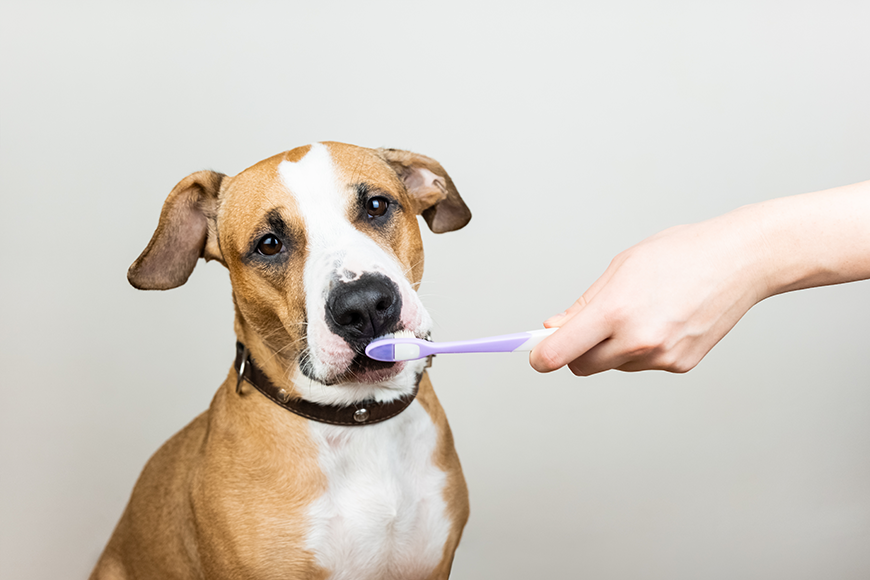As pet owners, we cherish our furry companions and strive to provide them a happy and healthy life. One of the essential components of responsible pet ownership is ensuring regular veterinary care. Like humans, pets require routine check-ups and preventive care to maintain well-being. This article will explore the importance of regular veterinary care for pets and its numerous benefits to their health and happiness.
The Importance of Regular Veterinary Care for Pets
-
Early Detection and Prevention of Health Issues:
Regular veterinary visits allow for early detection of any underlying health problems in our pets. Veterinarians are trained to conduct thorough examinations, identify potential issues, and administer appropriate tests. Detecting health problems early enables timely intervention and treatment, which can significantly improve our furry friends’ outcomes and quality of life.
-
Vaccinations and Preventive Care:
Vaccinations are vital to protect pets from infectious diseases that can be harmful or even fatal. Regular veterinary visits ensure your pet receives the necessary vaccinations and preventive treatments, such as flea and tick prevention, heartworm prevention, and parasite control. These measures safeguard your pet’s health and reduce the risk of contracting preventable diseases.
-
Dental Health and Oral Care:
Dental health is often overlooked but plays a crucial role in the overall well-being of our pets. Regular veterinary check-ups include dental examinations, cleanings, and treatments to address oral health issues. Dental problems, if left untreated, can lead to pain, infection, and other health complications. Maintaining good oral hygiene can contribute to your pet’s longer, healthier life.
-
Nutritional Guidance and Weight Management:
Proper nutrition is fundamental to a pet’s health and longevity. During veterinary visits, professionals can provide tailored nutritional advice based on your pet’s age, breed, size, and specific needs. They can recommend appropriate diets and portion sizes to maintain a healthy weight and prevent obesity-related health problems like diabetes, joint issues, and heart disease.
-
Behavior and Training Support:
Veterinarians can provide valuable guidance on managing behavioral issues and offer recommendations for training and socialization. They can help address concerns such as anxiety, aggression, or destructive behavior, enhancing the bond between you and your pet while promoting a harmonious living environment.
-
Senior Pet Care:
As pets age, their healthcare needs change. Regular veterinary care becomes even more crucial for senior pets to detect age-related conditions such as arthritis, cognitive decline, or organ dysfunction. Routine check-ups, specialized diets, and tailored treatment plans can help manage and improve their quality of life in their golden years.
-
Monitoring Overall Health and Well-being:
Regular veterinary visits enable veterinarians to monitor your pet’s overall health and well-being. They can assess your pet’s weight, body condition, heart rate, and other vital signs through physical examinations. They can also detect subtle changes that may indicate underlying health issues, such as changes in appetite, energy levels, or coat condition. By tracking these changes over time, veterinarians can proactively address concerns and provide appropriate treatment or recommendations to ensure your pet’s optimal health.
-
Diagnostic Testing and Early Disease Detection:
In addition to physical examinations, veterinary clinics are equipped with advanced diagnostic tools and equipment to conduct tests such as bloodwork, urine analysis, and imaging scans. These diagnostic tests can help identify potential health problems that may not be evident during a routine examination. Early detection of diseases such as kidney disease, liver dysfunction, or cancer allows for prompt intervention and management, potentially improving treatment outcomes and extending your pet’s lifespan.
-
Tailored Healthcare Plans:
Every pet is unique, and their healthcare needs may vary based on factors such as age, breed, lifestyle, and pre-existing conditions. Regular veterinary care allows veterinarians to assess your pet’s needs and develop tailored healthcare plans. These plans may include recommendations for vaccinations, parasite control, diet modifications, exercise routines, and specialized treatments. By following these customized plans, you can optimize your pet’s health and address any specific concerns they may have.
-
Client Education and Pet Owner Support:
Veterinary clinics serve as valuable resources for pet owners. During regular visits, veterinarians and veterinary staff can educate on pet nutrition, grooming, behavior management, and the importance of exercise. They can address any questions or concerns you may have and offer guidance on providing the best possible care for your pet. This ongoing support and education empower pet owners to make informed decisions and actively participate in their pet’s well-being.
-
Building Trust and a Long-term Relationship:
Regular veterinary care fosters a strong bond and trust between you, your pet, and the veterinary team. Consistent visits to the same clinic allow your pet to become familiar with the veterinary staff, reducing anxiety and making future visits less stressful. This relationship and trust are invaluable, particularly during emergencies or when your pet requires specialized care. It ensures that you have a reliable and experienced team to turn to for guidance, advice, and prompt medical attention when needed.
-
Enhancing Quality of Life:
Regular veterinary care contributes to enhancing your pet’s quality of life. By addressing health issues promptly and providing appropriate treatments, your pet can experience relief from pain, discomfort, or other symptoms. This allows them to enjoy a higher level of comfort and vitality, enabling them to engage in activities they love, such as playing, running, or exploring the outdoors. Regular veterinary care ensures that your pet can live their life to the fullest, free from unnecessary suffering.
-
Peace of Mind for Pet Owners:
One of the significant benefits of regular veterinary care is the peace of mind it offers to pet owners. Knowing that your pet is receiving regular check-ups, vaccinations, and preventive care guarantees that you are doing everything possible to keep them healthy and protected. Regular veterinary visits also give you the opportunity to discuss any concerns or behavioral changes you may have noticed in your pet. The expertise and guidance of veterinary professionals can alleviate worries and provide valuable advice, giving pet owners the confidence to provide the best care for their furry companions.
-
Compliance with Legal and Travel Requirements:
Regular veterinary care ensures that your pet remains up-to-date with vaccinations and preventive treatments required by law or for travel purposes. Many countries and regions have specific requirements for pets entering their borders, such as vaccination certificates or health check-ups. By adhering to these regulations, you can avoid any legal complications and ensure a smooth travel experience with your pet, whether it’s for a domestic trip or an international adventure.
-
Contributing to Veterinary Research and Advancements:
Regular veterinary visits benefit individual pets and contribute to the broader field of veterinary medicine. Information collected during routine check-ups and examinations can be anonymized and used for research purposes, helping veterinarians gain insights into disease prevalence, treatment outcomes, and preventive measures. By participating in regular veterinary care, you indirectly support advancements in veterinary science and the well-being of animals worldwide.
Regular veterinary care is an indispensable part of responsible pet ownership. By prioritizing regular check-ups, vaccinations, dental care, and preventive treatments, we ensure that our beloved pets receive the best possible healthcare. The proactive approach to their well-being allows for early detection and prevention of health issues, contributing to longer, happier lives for our furry companions. So, let’s prioritize regular veterinary care and provide our pets with the care and attention they deserve. After all, they are not just pets; they are cherished members of our families.
Popular Post
How to choose a training
Top tips for caring for
Tips for keeping your cat
Archives
Tags
Email for newsletter
At Pets Mall, we offer premium quality dog and cat food, pet supplies, and vaccination. Get everything you need for your pet!
If you pets need immediate veterinary’s treatment, give us a call and we will send a specialist vet to your home.
- 34 Q Block, Johar Town, Shah Alam Road, Near Ayub Chowk , Lahore
- petsmallpk@gmail.com
- 0301-7475573 , 0313-4343476
COPYRIGHT © PetsMall.pk ALL RIGHTS RESERVED. | DEVELOPED BY DIGIKNOWN











